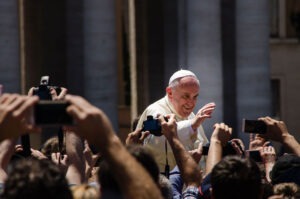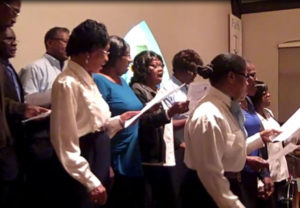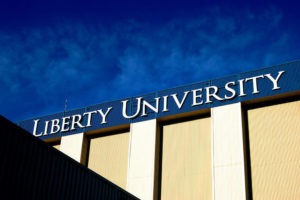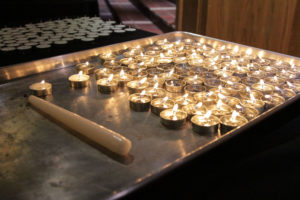January 6, 2011; Source: New York Times | “Pray, pay, and obey” – this is the way Catholic institutions have expected their donors to interact with them in the past. But now at Catholic schools, this tradition seems to be giving way to a new activism on the part of donors, according to the New York Times.
As enrollments shrink and deficits grow, donors are more concerned about everything from the numbers of schools in a system to their leadership, faculty, curriculums, and test scores. In the schools that are a part of the New York Archdiocese, the pool of major donors numbers a few hundred and collectively they donate annually nearly as much as the Archdiocese invests.
A number of the donors are not Catholic themselves. According to the Times article, “Stephen Schwarzman, a founder of the Blackstone Group, who has given millions of dollars, is Jewish. Robert Wilson, a Wall Street investor who made the largest individual donation in the archdiocese’s history – $30 million – is an atheist.” But all are committed to high quality education for poor children.
Sign up for our free newsletters
Subscribe to NPQ's newsletters to have our top stories delivered directly to your inbox.
By signing up, you agree to our privacy policy and terms of use, and to receive messages from NPQ and our partners.
One former principal describes the relationship these traditionally excellent schools now have with donors as “something of a Faustian bargain,” encompassing demands, for instance to fire a particular teacher, that may be counter to the best interests of the students. A former superintendent of the system says, “These are very strong-willed people, used to making decisions and used to having their way. At times, the decisions they wanted us to make were based on good business judgment, but not necessarily on sound educational principles.”
One program has tried to make sure those donors who want to get involved with a school find the right match. Twenty-four schools participate in an adopt-a-school project managed by the Partnership for Inner-City Education, an independent organization that raises scholarship money and arranges matches with individual schools. The jury is still out, of course, whether the schools will be improved by any of this interference.—Ruth McCambridge












